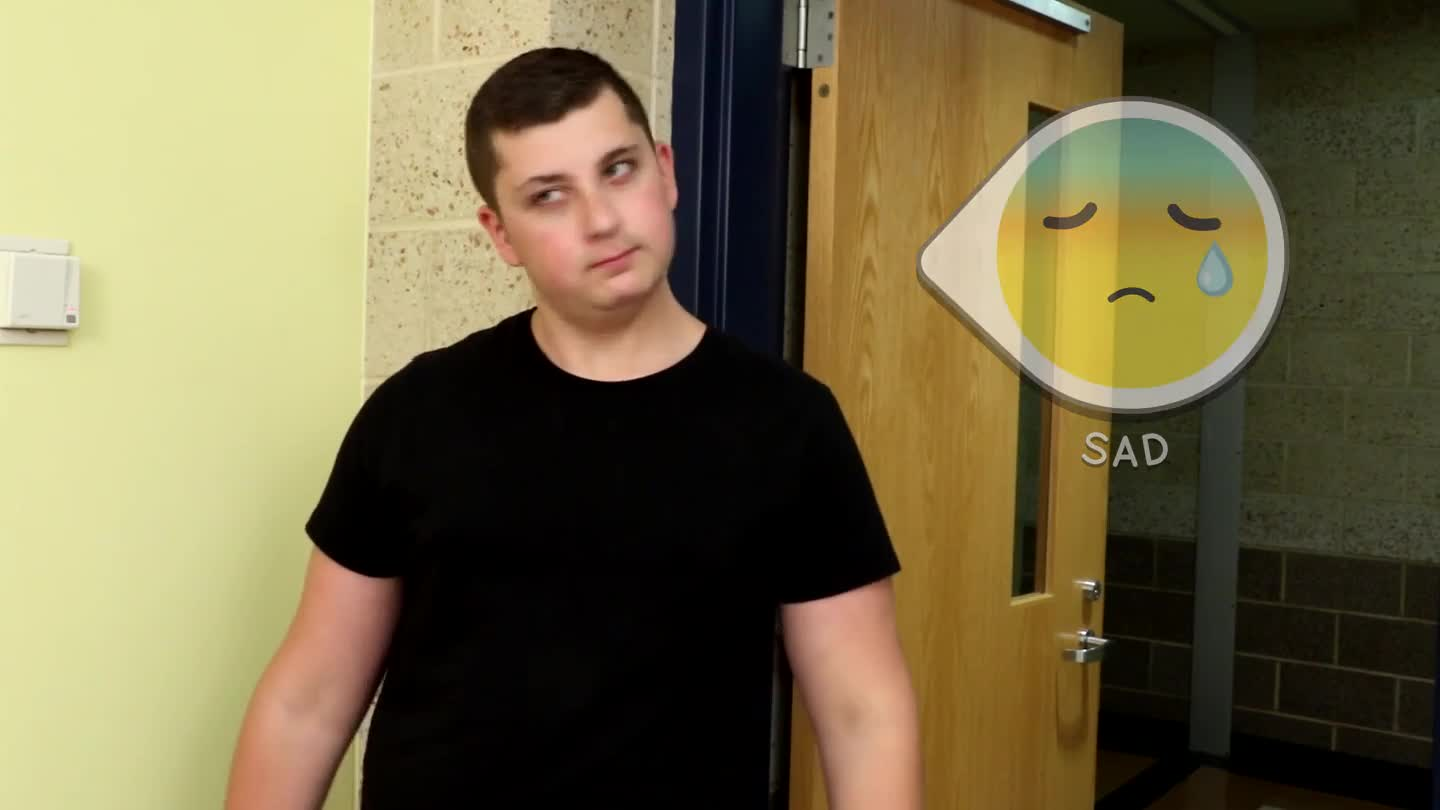Introduction
As educators, we understand the importance of teaching our students not only academic skills but also social skills that will help them navigate various social situations. One such skill is the ability to “read the room.” In this blog post, we will explore the concept of reading the room, discuss a no-prep activity to help students practice this skill, provide discussion questions to further explore the topic, and mention other related skills that can be beneficial for students in special education. We will also provide information on how to access free sample materials for teaching these skills.
No-Prep Activity: Situation Cards
This activity requires no preparation or materials from the educator, making it an easy and accessible way to help students practice reading the room. To begin, have students sit in a circle. The educator will then describe a hypothetical situation, and students will take turns suggesting appropriate actions or behaviors for the characters involved in the situation.
For example, the educator might describe a scenario in which a student is working on their homework but notices their friend is upset. The students in the circle can then suggest actions for the character, such as continuing to work on their homework or stopping to help their friend. This activity encourages students to think about the situation, observe others, and make a plan based on what they see.
Discussion Questions
- Why is it important to be able to read the room in different situations?
- Can you think of a time when you had to change your behavior based on the situation? How did you decide what to do?
- What are some challenges students might face when trying to read the room? How can we help them overcome these challenges?
- How can reading the room help students develop empathy and understanding towards others?
- What other social skills do you think are closely related to reading the room?
Related Skills
Teaching students to read the room is just one aspect of helping them develop strong social skills. Here are some other related skills that can be beneficial for students in special education:
- Active listening: Encouraging students to listen carefully to others and respond thoughtfully can help them better understand the emotions and needs of those around them.
- Empathy: Developing empathy allows students to put themselves in someone else’s shoes and understand their feelings, making it easier to read the room and respond appropriately.
- Self-awareness: Helping students become more aware of their own emotions and actions can help them recognize how their behavior may impact others in different situations.
- Problem-solving: Teaching students to think critically and find solutions to problems can help them navigate challenging social situations more effectively.
Next Steps
Teaching students to read the room is an essential skill that can greatly benefit their social development. To help you incorporate this skill and others into your curriculum, we invite you to sign up for free sample materials from Everyday Speech. These resources are designed to support educators in teaching valuable social skills to students in special education.






